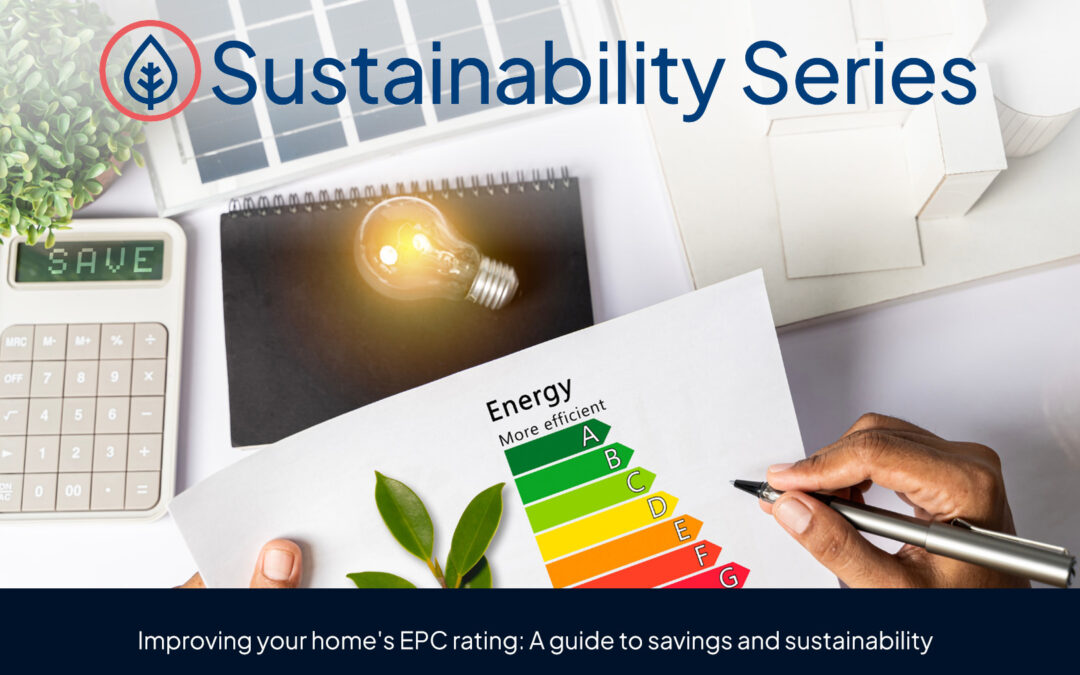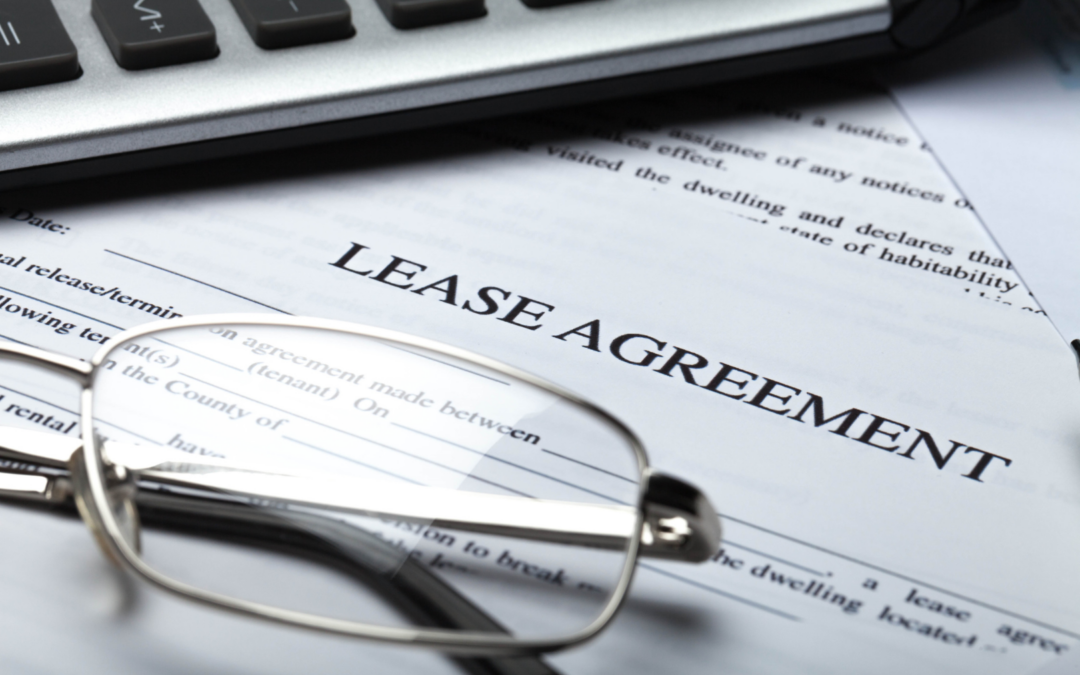Exemption from stamp duty has undoubtedly been a boon for many first-time buyers but a lot of property purchasers who thought they were eligible are still finding they have to pay the tax.
That’s the verdict of Simon Nosworthy, Head of Residential Conveyancing at Osbornes Law, who writes here for OnTheMarket about how home buyers can give themselves the best chance of saving up to £5,000.
Note: Stamp duty has been cut to zero for all residential property purchases in England and Northern Ireland up to £500,000 from 8 July 2020 until 31 March 2021, read more here.
First-time buyer numbers hit more-than-a-decade highs
The largest number of first-time buyers in more than a decade purchased properties in 2019 according to figures from UK Finance, the trade body representing the business and finance industry.
There were 353,436 first-time buyers across the UK last year, compared to 353,130 in 2018 and the highest number since 2007, when 357,590 first-timers bought property.
The first-time buyer stamp duty exemption undoubtedly contributed to these impressive figures. Those who qualify are exempt from paying Stamp Duty Land Tax (SDLT) tax if they purchase properties for less than £300,000.
Despite the success of the scheme, I am seeing more and more clients getting stung for the duty when they did not expect it, as there are plenty of caveats that prevent buyers benefitting.
What is first-time buyer stamp duty relief?
The scheme was brought in from 22 November 2017 by then Chancellor Philip Hammond and made first-time buyers in England, Northern Ireland or Scotland exempt from paying the duty on properties purchased up to a value of £300,000. This means first-time buyers can save up to £5,000.
For properties costing up to £500,000, they pay no stamp duty on the first £300,000, but have to pay the duty on the remaining amount up to £200,000.
If first-time buyers purchase a property worth in excess of £500,000 they do not qualify for any of the exemption and have to pay the full duty.
Who qualifies for first-time buyer stamp duty relief?
Put simply, to qualify as a first-time buyer you must never have owned, or had an interest in a residential property in the UK or overseas. This includes both freehold and leasehold property.
This may sound simple enough, but the rules are strict and there are some surprises that I have seen trip up clients.
For example, things can get complicated when people are purchasing a property together. I see many people assume that as one party is a first-time buyer they will automatically qualify.
Read more
- How to make a competitive offer as a first time buyer
- The stamp duty reduction claim HMRC is cracking down on
- What is my mortgage affordability? Everything you need to know
Unfortunately, this is not the case as if one of the parties purchasing the property has ever owned another property or part of one in the past then neither will qualify if buying together.
It is of course possible to not put the name of the person who is not eligible for the first-time buyer relief on the deeds, but this raises issues of ownership. If your name is not on the deeds you may struggle to have a claim over the ownership of that property.
Inheriting a property rules you out of first-time buyer stamp duty relief
Another issue is if you have inherited part or all of a property in the past. If you inherit a property you are no longer eligible for the first-time buyer exemption, despite never actually having purchased a property.
This is a particular issue with people who are not from the UK as there are different inheritance laws abroad and in some countries people automatically receive a percentage of a property if a relative dies. I have had clients who have not even visited a property that they had a stake in.
First-time buyer stamp duty relief if you’ve already bought as an investment or parents are involved
In the past some clients have assumed that as they have only bought an investment property they would still be considered a first-time buyer. This is not the case.
People argue that they are buying their first home, but the rules are strict and are for ownership of any property for any purpose.
Getting cash from the ‘Bank of Mum and Dad’ can also become an issue with first-time buyer exemption. Sometimes parents say they don’t want to gift the money to their child and want to have a stake in the property.
When this happens it means that their child is no longer eligible for the exemption.
What should first-time buyers do?
Getting the news that you are not eligible for first-time buyer’s relief can come as a rude awakening to property buyers. I have even seen some deals collapse as a result.
The main thing that people should do is get legal advice early and don’t just assume that you are a first-time buyer. If you get advice you will be going into your purchase with your eyes wide open.
Nobody wants to hear that they are going to have to find up to £5,000 more than they thought but it can and does happen.
So to avoid this, seek advice early so you don’t end up with an unexpected and expensive bill down the line.






